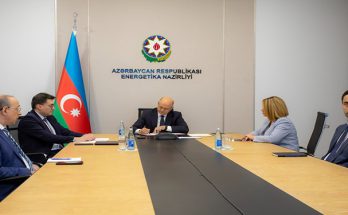 The Rwanda-Norway Energy Forum hosted 10 companies from the Norwegian energy sector last week.
The Rwanda-Norway Energy Forum hosted 10 companies from the Norwegian energy sector last week.
Rwanda’s energy sector has a lot of potential as only 35 per cent of the households in the country are currently connected to electricity while the actual target is to connect at least 70 per cent by 2018, and 100 per cent by 2024, according to Rwanda Energy group (REG).
Government also continues to seek ways to ensure sufficient energy as the country continues to attract investors in different areas, including manufacturing.
The director of primary and social energies development at Rwanda Energy Development Corporation (EDCL), Morris Kayitare, said that off-grid energy solutions are one of the best ways through which Rwanda can attain energy access targets, especially under Rural Electrification Programme.
Rwanda Development Board (RDB) chief operations officer Emmanuel Hategeka said, at the moment, Rwanda’s off-grid energy access is about 7.6 per cent, with a target of reaching 22 per cent by 2018.
Speaking to The New Times at the forum in Kigali, Gulbrand Wangen, the regional director at Norwegian Energy Partners in Africa, Brazil, India and Midstream, said “the firms are here to explore investment possibilities in Rwanda.”
In Rwanda, Wangen said, the companies are considering solar, renewable as well as hydropower energy segments. He said there were 10 more qualified firms with suitable experience in off-grid system in those segments in not only in Norway, but also in Africa.
He said Rwanda has a business environment that is in conformity with ethical standards for doing business, citing transparency, openness and professional contract arrangements.
“We are here to find local firms that have the logistics that we can partner with, and to know which projects are in the pipeline that relevant Norwegian firms can work with,” he said.
Engineering, procurement and contracting, financing in renewable energy, solar systems are some of the services offered by the company.
Speaking about the requirement for more investors in off-grid energy option, EDCL’s Kayitare said there are only 24 firms in the trade, of which only four are major.
“Our expectation is that investment in the sector will grow, and our target of at least 22 per cent should be met by 2018,” Hategeka said.
Kayitare said, in 2016, Government set up new strategies to increase access to energy, including providing and covering the cost of energy to the vulnerable and subsidizing energy for the people who are not vulnerable but cannot entirely afford power.
Under the initiative, he said, about 150,000 vulnerable households were identified and the Government got up to $50 million (about Rwf40bn) from the World Bank for equipping households with solar energy.
Explaining the facilitation to investors in energy sector, he said Government has a risk mitigation facility, and that Germany International Development Agency (GIZ) provides up to 75 per cent refund for the investment made by an entity, under a results-based financing model.



